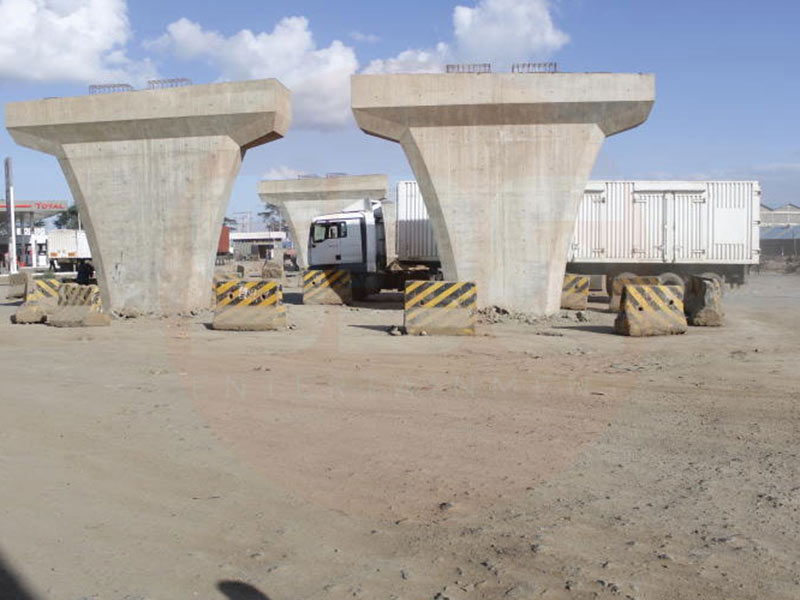×
The Standard e-Paper
Home To Bold Columnists

A section of stalled Likoni-Enterprise road in Industrial area, Nairobi.
When former President Mwai Kibaki’s government started constructing Thika Road, the Sh32 billion that was sunk into the project astonished many.